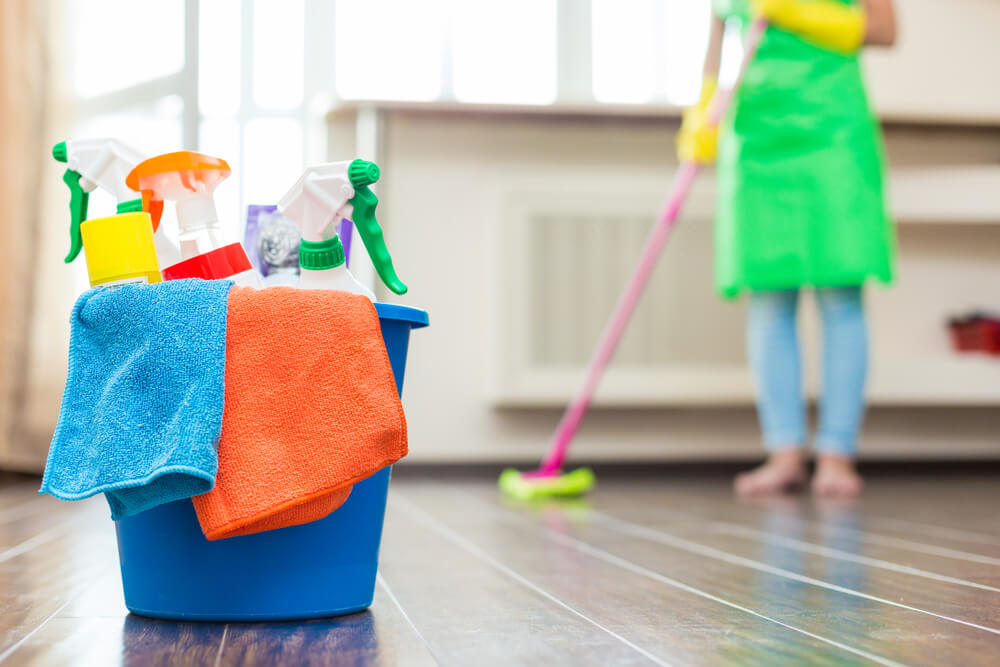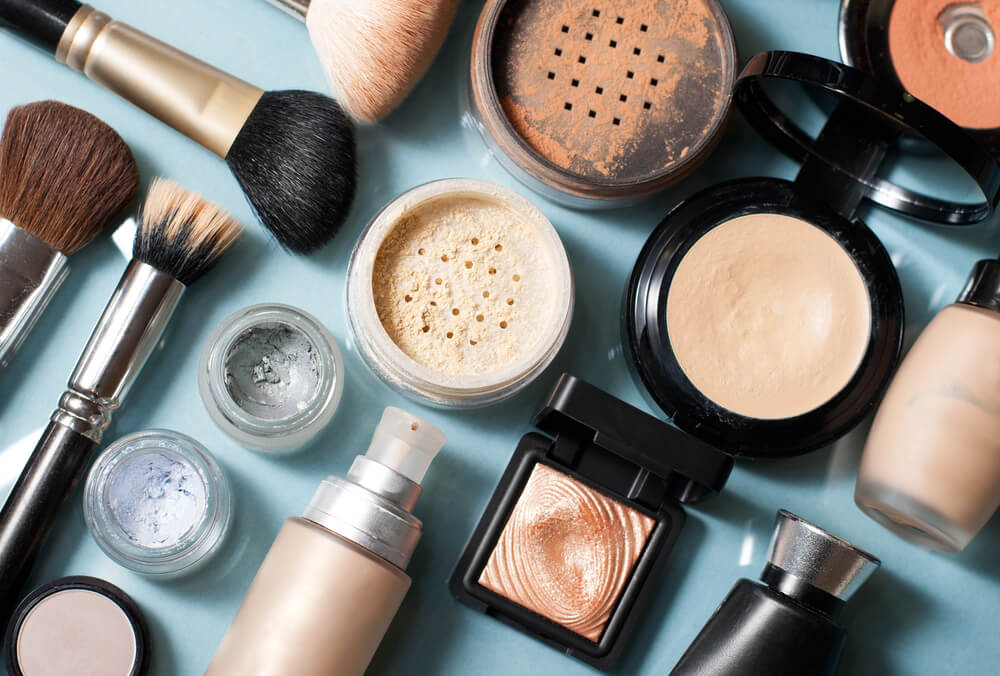Why brushes, sponges and wipes are not suitable for cleaning the house
'04.09.2020'
Source: InMyRoom
InMyRoom tells what is wrong with our usual cleaning equipment and why it is hopelessly outdated.

Ostrich feather brooms and pig bristle brushes have long been replaced by synthetic sponges, rolls of miracle napkins and microfiber. But after every cleaning we have to wash the detergent and clean the detergent. Why is this happening? Let's tell.
Natural does not mean convenient
All natural is environmentally friendly. But items made of flannel, terry cotton or linen are now good only for personal care. And hemp and bristles are just for styling, if, of course, you are attracted by vintage, rustic and shabby chic.
Brushes and rags made from natural materials have lost ground on the economic front for several reasons: they do not absorb well, retain dust unreliable, quickly lose their appearance and are poorly sterilized.
In the twentieth century, synthetics deservedly replaced natural materials. Housewives are no longer satisfied with stains on tiles that cannot be removed in one move, fibers on the mirror or hairs that have dried on their favorite cup.
On the subject: How many coronavirus lives on surfaces and what means to use for cleaning and disinfection
Cons of roll napkins
Miracle rags or roll napkins is a thin single-layer non-woven fabric that is formed from a mixture of viscose and cellulose. The raw materials are natural, the material is artificial, but not synthetic.
There are advantages, but they are few. The main thing is the absence of fibers. But only until the moment when the hair of a pet or someone's hair gets on the damp cloth - try to get rid of them.
The napkins can be torn off the roll one at a time, soaked in detergent, rinsed, or used dry. They are nearly disposable, just like kitchen paper towels, as they get dirty and deformed after the first use.
But fat is absorbed and retained worse than paper. And the dust collected with a dry napkin will immediately scatter.
What's wrong with microfiber
Microfiber made of the finest threads of polyester and polyamide seems to be more practical and durable. Napkins of different textures, mittens and even slippers for cleaning, mop attachments help wash, clean, polish and wipe a lot of things.
Fibers of very long organic molecules attract and retain dust particles due to contact electrification. And microscopic triangular cavities can absorb water as well as a sponge.
But there are downsides: microfiber is a very moody material. She does not like too hot water, drying on a radiator or near any heat sources. It deforms and loses its properties.
The best way to clean it of the collected dirt and retain its useful properties is to rub it by hand with a brush in a solution of laundry soap. Or throw it into the drum of the washing machine, choosing a low temperature and a gentle mode. The methods are not very convenient and simple.
On the subject: Why house dust is dangerous and why wet cleaning is not the best method of dealing with it
Why a sponge is dangerous
Not natural marine, of course - made of foam rubber, foamed polyurethane or nylon with a polyester film, the sponge is designed to foam cleaners, increasing the effectiveness of surfactants.
It washes, by the way, not the porous part, but a hard glued napkin: green for heavy dirt, blue abrasive for more gentle cleaning.
Squeeze the sponge dry will never work. And in a liquid medium, bacteria multiply on the sponge. Their number in laboratories is checked with a special device - a luminometer. Tests have proven that it is dangerous to use a dish sponge for more than a week.
The more manufacturers describe the advantages of improved sponges, be it silver threads or bamboo fiber, the more pathogens, up to E. coli, remain on them and reproduce. And sponges use detergents about the same, no matter what the advertisement claims.
In short, there is no need to buy super-advanced and expensive cleaning accessories. It is better to change them more often and, most importantly, to use them as intended, for those tasks with which these tools really help to cope.







